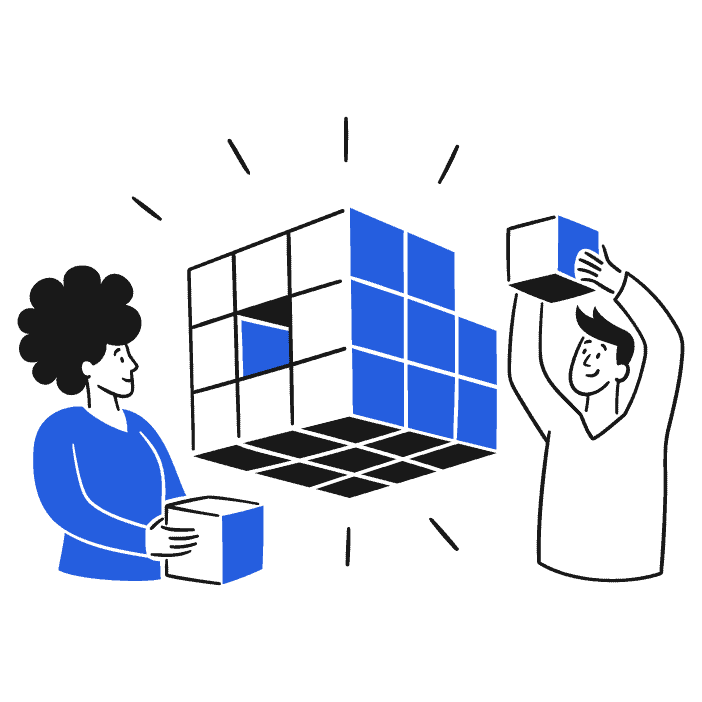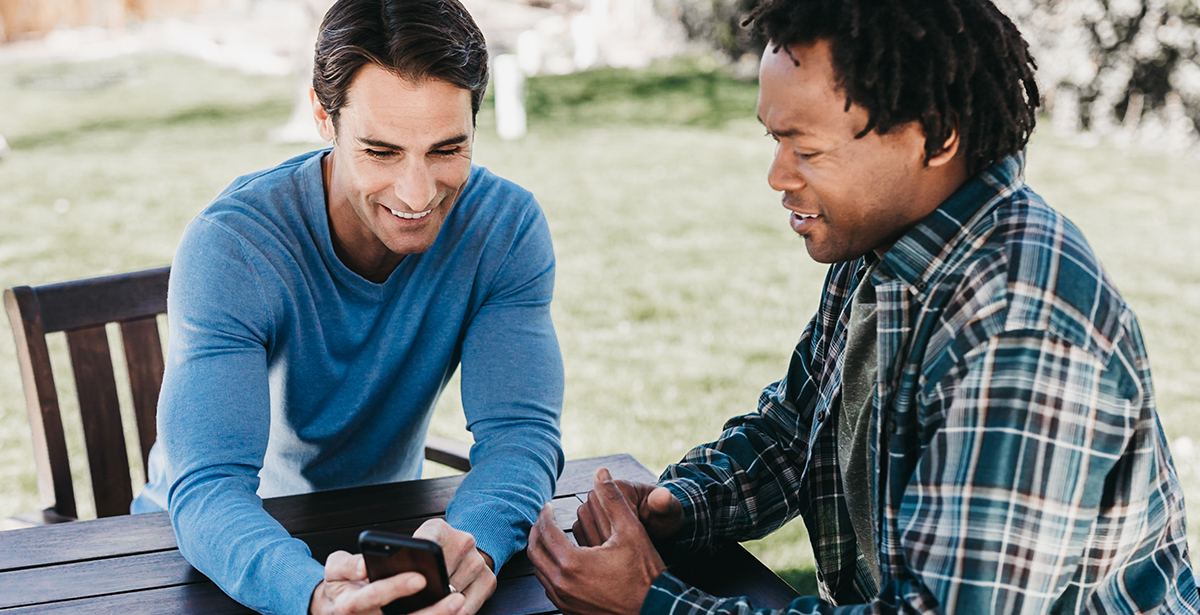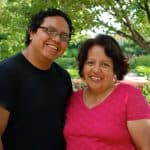What’s the Best Accountability Software?
An accountability app is software designed to help you make good decisions with your technology. Victory by Covenant Eyes® is the best accountability software for quitting pornography.

What’s Internet Accountability?
Internet Accountability software monitors the web addresses accessed on a computer, phone, or tablet, for the purpose of helping the user overcome pornography. When Internet Accountability software detects pornography websites, the accountability partner is notified. Covenant Eyes invented Internet Accountability back in 2000. It has helped hundreds of thousands of people break free.
Research suggests that accountability can make you 95% more likely to achieve your goals!
Accountability Partners and Allies
Accountability relationships play a critical role in these apps. As we often say, porn is a human problem that requires a human solution. In other words, technology itself isn’t enough to break free from pornography.
The real strength of accountability apps lies in the way they connect people with accountability partners and enable accountability conversations. Ideally, accountability apps are used in real human relationships that exist outside the digital world—trusted family members, friends, or mentors.
We call these partners “allies” because they come alongside to help someone in the fight against porn.
(Learn where to find an accountability partner).
Limitations of Internet Accountability
Internet Accountability is text-based. It works great as long as the text of the page is clearly visible and accurately reflects the actual content. However, it is limited in its ability to accurately report image-based content.
Since 2018, most websites have utilized HTTPS encryption. This means that the most important text on the page is hidden from Internet Accountability.
That is why Covenant Eyes introduced Screen Accountability™ in 2019.

What’s Screen Accountability?
Screen Accountability is the next generation of accountability software. Rather than looking at keywords in the text of a page, Screen Accountability analyzes the actual images on the screen for pornographic content.
Screen Accountability uses advanced AI to identify concerning images. These images are carefully blurred to protect privacy and reported to allies.
Screen Accountability is now a feature of our Victory® service.
Is Accountability Software Spyware?
Some have confused accountability software with “spyware,” which is software that secretly monitors devices.
While accountability apps do monitor what people look at on their devices, there’s a key difference: accountability apps require the user’s knowledge and consent. Accountability software is voluntarily installed by people who want help making a positive life change.
Here are the key differences between Accountability Software and Spyware:
Accountability Software
- Installed with the device owner’s express permission
- Person being held accountable knows they are being held accountable
- Sends information to an individual of the user’s choosing
- Sends reports designed to protect the user’s privacy
- Easy to uninstall when the user decides to remove it
Spyware
- Installed without the device owner’s permission , often covertly
- Invisible to the person being spied upon
- Sends information without the user’s knowledge, to unknown parties
- Gathers information regardless of privacy concerns
- May be difficult to uninstall, or require a cleaning app to remove it
The most fruitful accountability relationships are directly opposed to spying or controlling behavior.
Rather than control people’s decisions, Victory® is designed to help facilitate voluntary, peer-based accountability relationships, which equip them to regain control of their own lives.
Is Accountability Software “Shameware”?
Accountability software has been mischaracterized as “shameware”—a tool to shame someone into changing their behavior. People often assume that the power of accountability is simply the power of shame to motivate behavior change (hence the label “shameware”).
Many people, whether church-going or not, feel intense shame about their pornography use. But accountability is not about shame and fear. If someone is trapped in an unwanted porn habit, shame will only drive them into deeper despair.
Accountability is about bringing secret struggles out of the darkness and into the light, where people can find hope, healing, and lasting freedom.
These transformative accountability relationships really make all the difference.
Why is Victory by Covenant Eyes® the Best Accountability App?
Victory is an accountability app built on the premise that real accountability happens in the context of meaningful human relationships. Victory works because it connects people to keep one another accountable to break free from porn. It provides check-ins, and an accountability feed, as well as a supportive community and learning content.
Victory Testimonies
Victory by Covenant Eyes
Powerful porn-blocking, but it doesn’t just block access to porn; it also harnesses the power of relationships to help you live porn-free.
- Works on Mac, Windows, iOS, Android
- Protects unlimited devices
- Monitors screens and reports device activity to an ally you choose
- Provides different blocking levels & enforces Safe Search
- 30 Day Money-Back Guarantee











